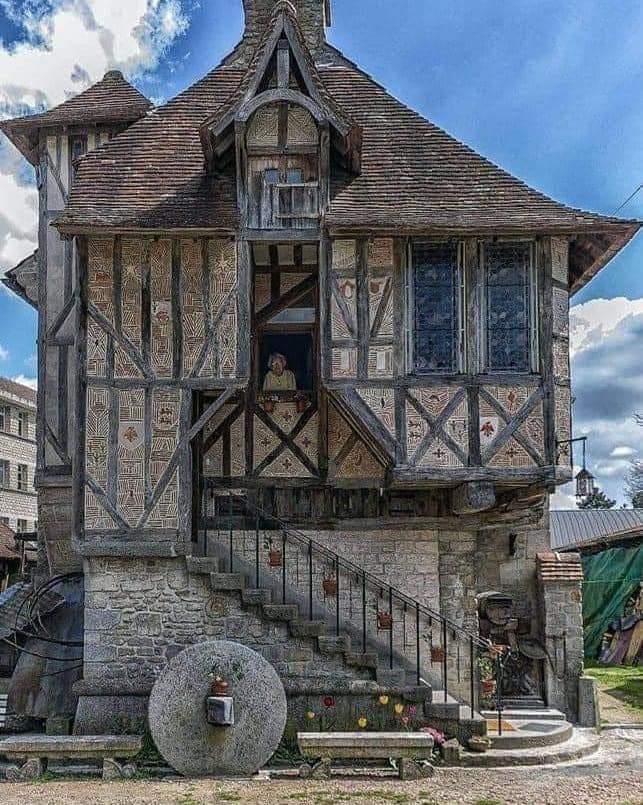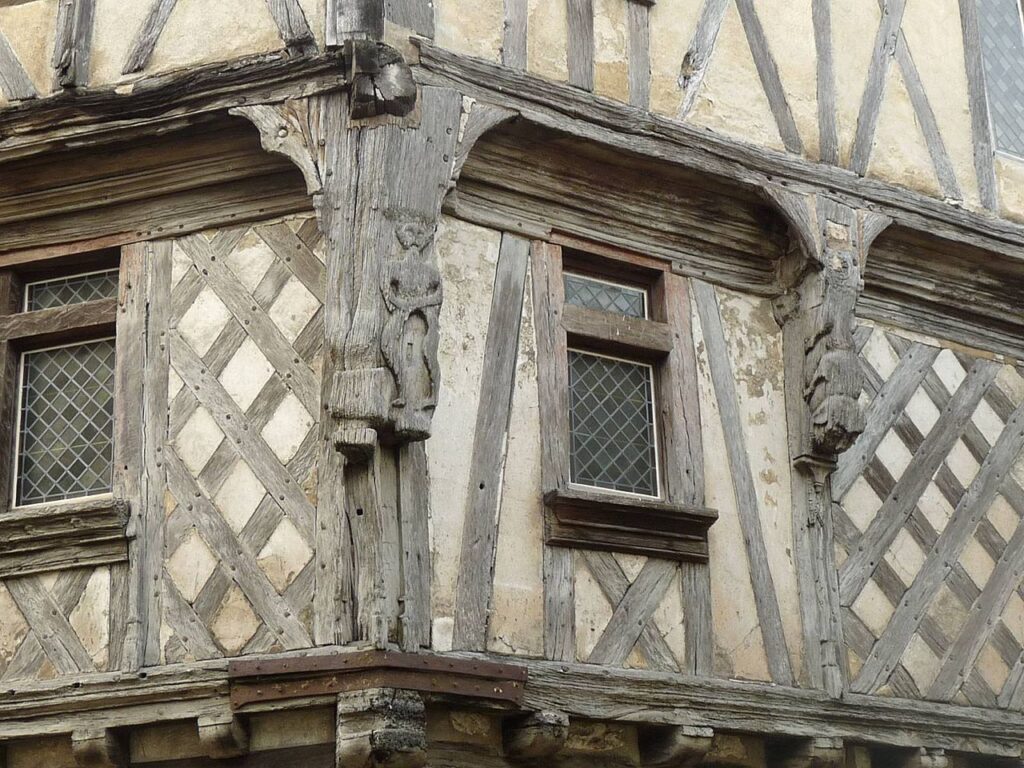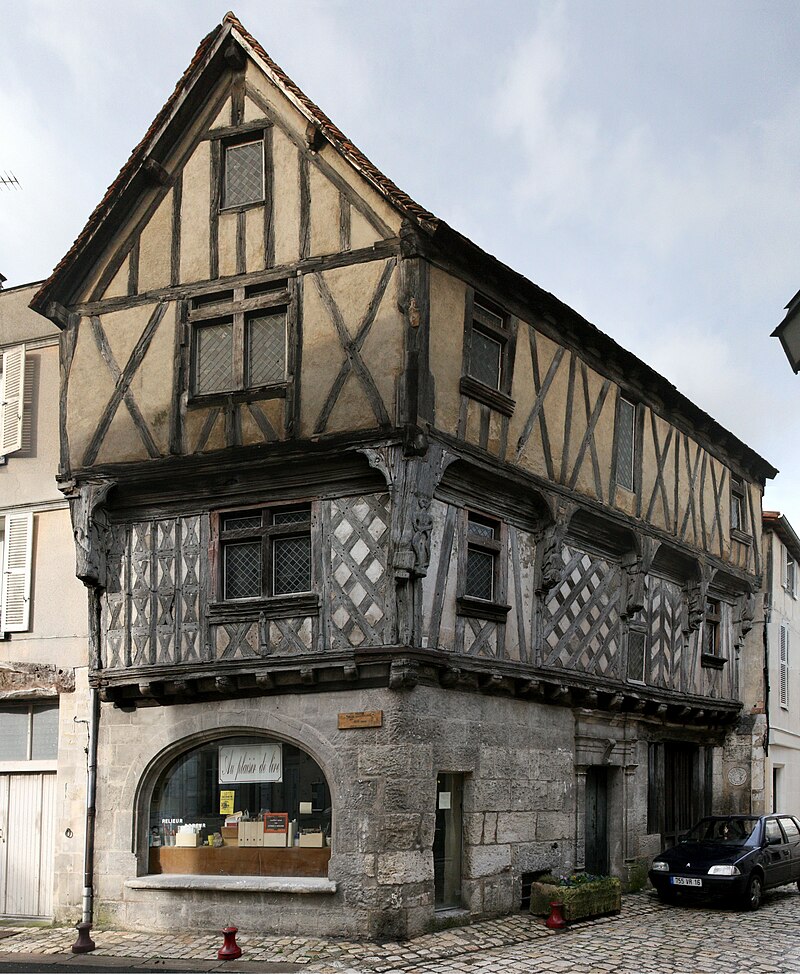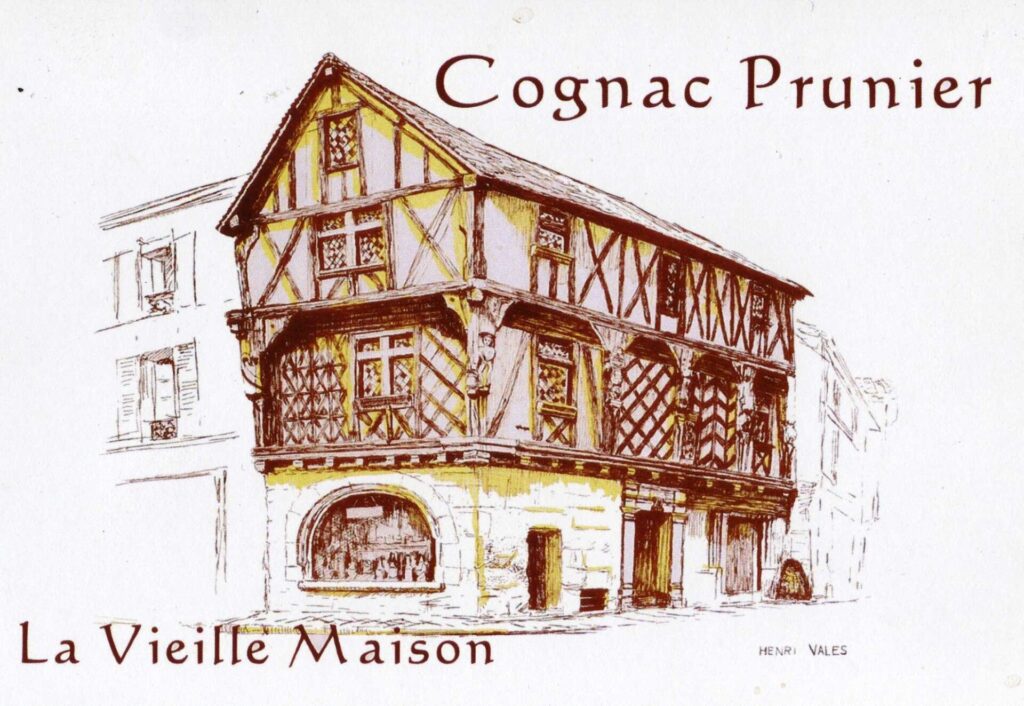Orne’s 15th Century House, Still Inhabited

In the scenic landscape of Orne, France, stands a remarkable structure built in 1509. This house has been continuously inhabited for over five centuries.
It showcases stunning medieval architecture and serves as a testament to the craftsmanship of that era. In this article, we will explore its unique features and historical significance.

A Timeless Architectural Marvel
The house in Orne features classic medieval half-timbered construction. This style is common in Northern France and parts of Europe during the Renaissance. The exposed timber framing has endured weather and centuries of history. The steep, gabled roof remains in excellent condition, thanks to careful maintenance by its inhabitants.

Preserving History: Living in a 16th-Century Home
Remarkably, this house is still inhabited today. It is one of the oldest continuously lived-in buildings in France. The effort required to preserve such a historic structure is immense. Every inch of the home has undergone careful maintenance and restoration to keep it standing.
Living in a house built over 500 years ago comes with unique challenges. The stone foundation can wear over time, and the wooden elements require frequent care. Despite these challenges, the current inhabitants remain committed to preserving their ancestral home. They keep history alive in their everyday lives.
The Significance of Orne’s Architectural Heritage
The house’s unique façade features geometric designs and artistic flourishes. These details exemplify the craftsmanship of the early 16th century. Historians and architects studying medieval structures find homes like this invaluable for understanding past living conditions and building practices.

A Piece of Living History
It’s not every day that we encounter a house built in 1509. The house in Orne, France, stands as a beacon of resilience, history, and preservation. Modernization sweeps across the world, but this home reminds us of the importance of maintaining connections to the past. Its continued occupation highlights the value of preserving historical structures for future generations.
